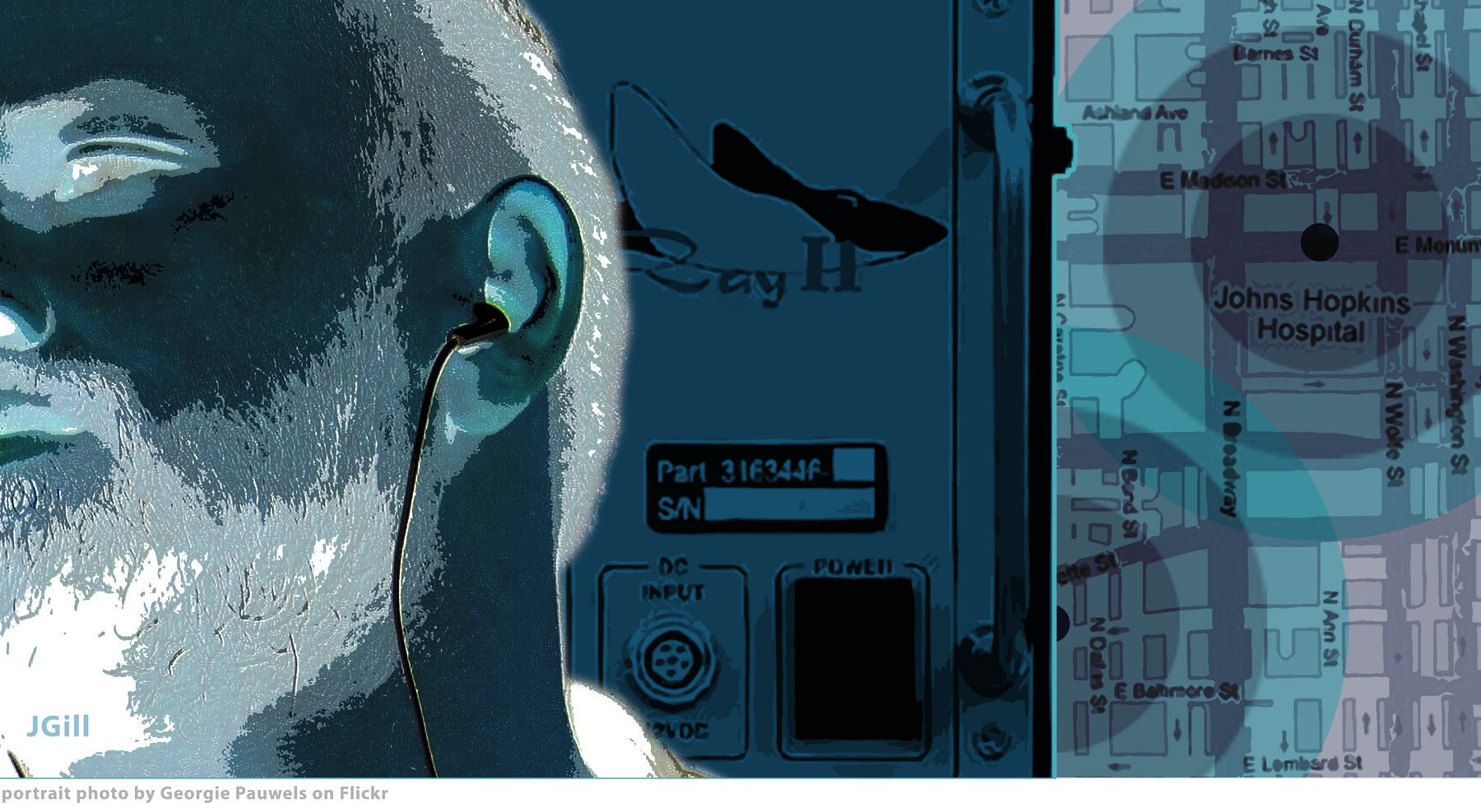Reacting to terrorism, President Obama’s first thought? Scratch out the Second Amendment and the Fifth Amendment’s guarantee of “due process” from the Bill of Rights. Why? To advance his mania for gun control.
Now comes Republican front-runner Donald Trump, one-upping the president. He wants to block any Muslim from entering the U.S. — whether immigrant, refugee or even tourist.
That’s after advocating a government database for tracking American citizens who are Muslim.
Terrorism is winning.
Ignore the Constitution? Disregard individual rights? Demonize an entire religion? Thus our leaders play into ISIS’s hands, encouraging Muslims worldwide to see the U. S. as their enemy.
Cooler heads must prevail. Or else. A Republican friend posted on Facebook that he “would gleefully vote for Hillary Clinton over Trump.” I just cannot muster any glee.
In fact, I’m beginning (again) to wonder if John Fund wasn’t on to something last June, when he wrote in National Review that “just maybe Trump is a double agent for the Left.”
Think “Manchurian Candidate.”
“It’s all very un-American,” my friend Suhail Khan, an American Muslim and conservative activist, told the Washington Post. “Our country was based on religious freedom.”
No more?
Surely, our experiment in limited government has not ended.
But we need to get serious.
We must demand a real commitment from any candidate seeking the country’s highest office. To be entrusted to execute our union’s laws, he or she must actually demonstrate allegiance to the rule of law.
That is, a willingness to fit one’s ego within the confines of the Constitution.
This is Common Sense. I’m Paul Jacob.










